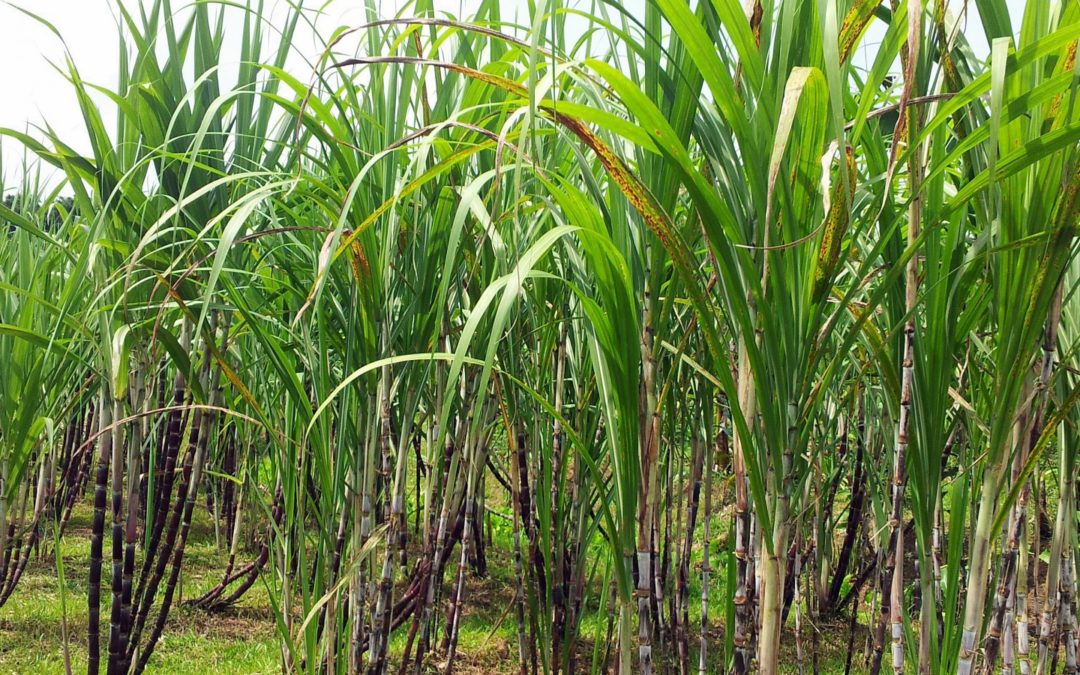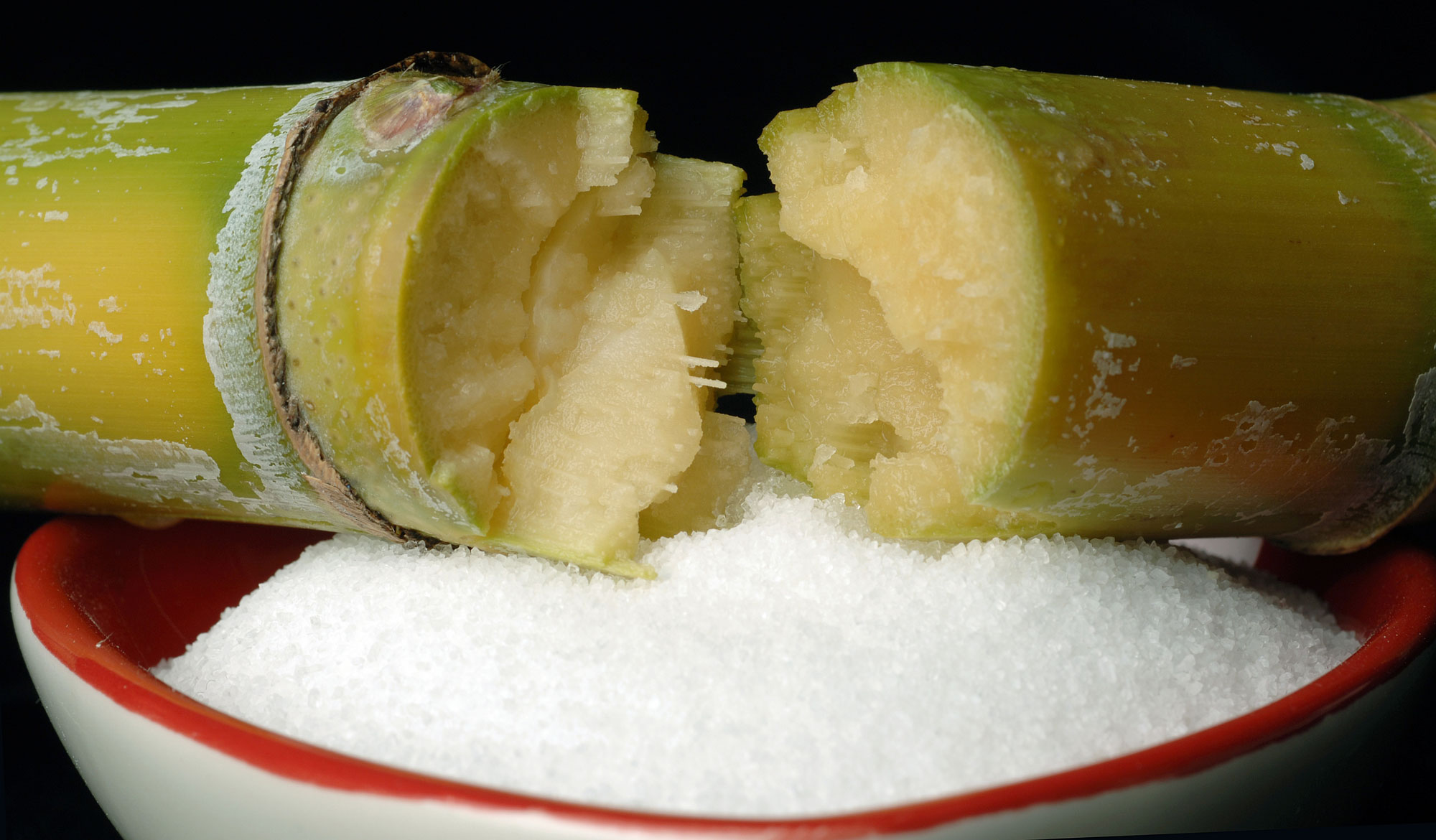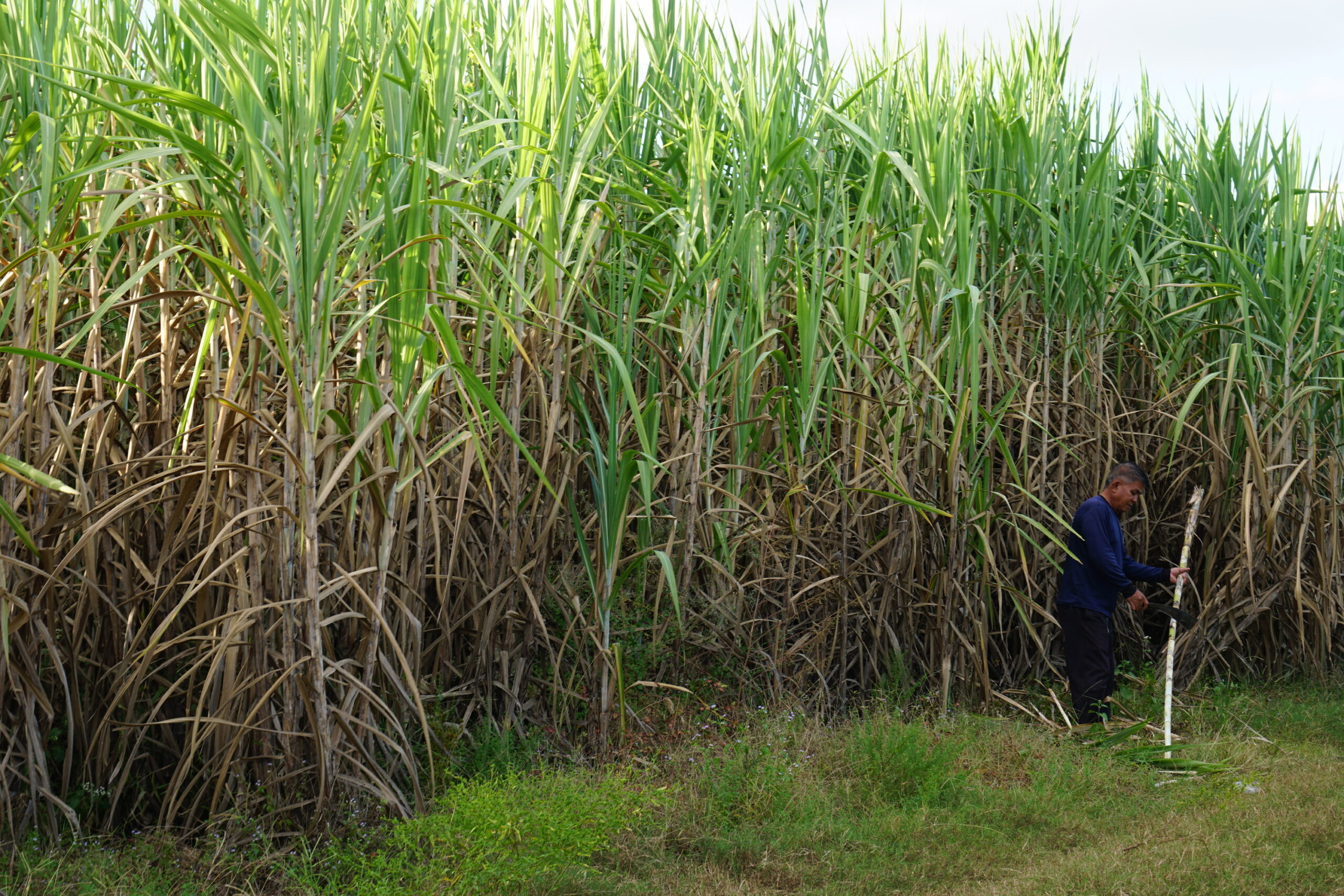Sugar and Cane: Unlocking the Secrets Behind Their Sweet Appeal
Sugar and Cane: Unlocking the Secrets Behind Their Sweet Appeal
Blog Article
Why Cane Sugar Processing Chemicals Are Crucial for Modern Sugar Refining
The duty of walking cane sugar processing chemicals in modern sugar refining can not be overemphasized, as they are important to enhancing both the efficiency of extraction and the total top quality of the end product. Agents such as phosphoric acid and certain flocculants are used to remove contaminations, resulting in sugar that not only meets consumer assumptions yet also sticks to sector criteria. Nevertheless, the ramifications of these chemicals extend beyond high quality, touching upon market dynamics and ecological factors to consider. This raises important concerns regarding the sustainability of such methods and their effect on the future of sugar manufacturing.
Role of Processing Chemicals
The efficiency of walking cane sugar handling pivots dramatically on the strategic application of handling chemicals. These chemicals play an essential function in enhancing the performance and top quality of sugar extraction and refining. From the initial phases of juice removal to the final filtration actions, processing chemicals facilitate numerous essential procedures.
In the removal stage, chemicals such as phosphoric acid and calcium hydroxide are utilized to optimize the explanation procedure, helping to get rid of pollutants and suspended solids from the walking cane juice. This not just enhances the yield however additionally makes certain the quality of the final item. Additionally, representatives like flocculants aid in the rapid settling of pollutants, consequently simplifying the general procedure.
As the processing developments, chemicals are used in decolorization and crystallization phases. Activated carbon and ion exchange materials serve to remove color and smell, ensuring that the polished sugar meets customer high quality standards. Eventually, the role of handling chemicals prolongs beyond operational efficiency; they considerably affect the sensory qualities of the end product, contributing to market competitiveness. Thus, the meticulous selection and application of these chemicals are vital for attaining optimal outcomes in walking cane sugar handling.
Key Kinds Of Chemicals
Cane sugar processing counts on a range of vital chemicals that assist in each stage of manufacturing. These chemicals play important roles in clearing up, bleaching, and cleansing the sugar drawn out from walking cane.
One primary category of chemicals includes flocculants, such as polyacrylamide, which aid in the clarification procedure by advertising the gathering and settling of contaminations. Additionally, calcium hydroxide is frequently employed to neutralize acidity and aid in the removal of non-sugar elements.
Whitening agents, such as triggered carbon and sulfur dioxide, are utilized to decolorize the syrup, resulting in a clearer end product. These chemicals aid remove shade substances that may influence the sugar's look and marketability.
Additionally, phosphoric acid acts as a pH regulatory authority throughout the handling stages, making sure ideal problems for the enzymatic tasks entailed in sugar removal and purification.
Various other vital agents include edta (ethylenediaminetetraacetic acid), which chelates steel ions that could militarize undesirable responses, and sodium hydroxide, which assists in pH control throughout the refining process. Collectively, these chemicals boost effectiveness and ensure a premium cane sugar item.
Benefits for Sugar High Quality
Typically overlooked, the use of details handling chemicals considerably improves the total high quality of walking cane sugar. These chemicals play a critical duty in refining processes, making certain that the final item meets rigid sector standards for pureness and preference.

In addition, processing chemicals assist in achieving a constant granulation and texture, which are essential for customer acceptance. By regulating the formation procedure, these chemicals guarantee that the sugar crystals form consistently, leading to a more enticing item that dissolves well in various applications.
Moreover, the usage of these chemicals can enhance the service life of cane sugar by minimizing dampness absorption and microbial growth. On the whole, the calculated application of processing chemicals is important for delivering high-quality walking cane sugar that satisfies customer assumptions and sector needs.
Ecological Impact Factors To Consider

In addition, the energy-intensive nature of sugar refining, compounded by chemical usage, typically leads to boosted carbon exhausts. This adds to environment change and increases worries regarding the sustainability of current refining practices. Additionally, the sourcing of these chemicals may include methods that see this website intimidate biodiversity, such as monoculture farming, which reduces the resilience of agricultural communities.

To minimize these impacts, sugar refiners are increasingly discovering lasting options and taking on finest methods that lessen chemical use. Applying extensive ecological administration systems can help guarantee that the refining process lines up with environmental criteria and promotes biodiversity. Ultimately, a well balanced method that focuses on both sugar top quality and environmental stewardship is essential for the long-term stability of the sugar sector.
Future Patterns in Refining
As the sugar industry faces the environmental challenges related to traditional refining techniques, ingenious methods are arising to improve both performance and sustainability. One considerable fad is the adoption of environment-friendly chemistry principles, which focus on using non-toxic, naturally degradable processing chemicals. This change not only reduces ecological effect yet additionally addresses consumer demand for cleaner production techniques.
Another encouraging development is the implementation of sophisticated filtration modern technologies, such as membrane separation and adsorption processes. These strategies boost the clearness and top quality of the sugar while decreasing the quantity of wastewater generated during refining. Additionally, the assimilation of digital technologies, consisting of IoT and AI, is transforming operational efficiency by making it possible for real-time tracking and anticipating upkeep, thus lessening source waste.
Additionally, using by-products from sugar refining, such as bagasse and molasses, is getting grip. These materials can be exchanged biofuels or value-added products, adding useful content to a circular economic situation within the industry. Jointly, these trends indicate a shift towards more sustainable methods that not only boost operational effectiveness yet additionally straighten with international sustainability goals, ensuring the future feasibility of sugar refining.
Verdict
Cane sugar handling chemicals are necessary in modern-day sugar refining, considerably enhancing the performance and quality of sugar extraction. The calculated usage of these chemicals not just improves the pureness and taste of the end product yet additionally ensures consistent crystallization and texture. As the industry significantly prioritizes sustainability, the fostering of environmentally-friendly handling agents is likely to shape future patterns in refining, eventually bring about greater top quality items and prolonged service life for customers.

Inevitably, a well balanced method that focuses on both sugar high quality and ecological stewardship is necessary for the lasting stability of the sugar sector.
Cane sugar handling chemicals are necessary in modern-day sugar refining, substantially boosting the performance and quality of sugar removal.
Report this page